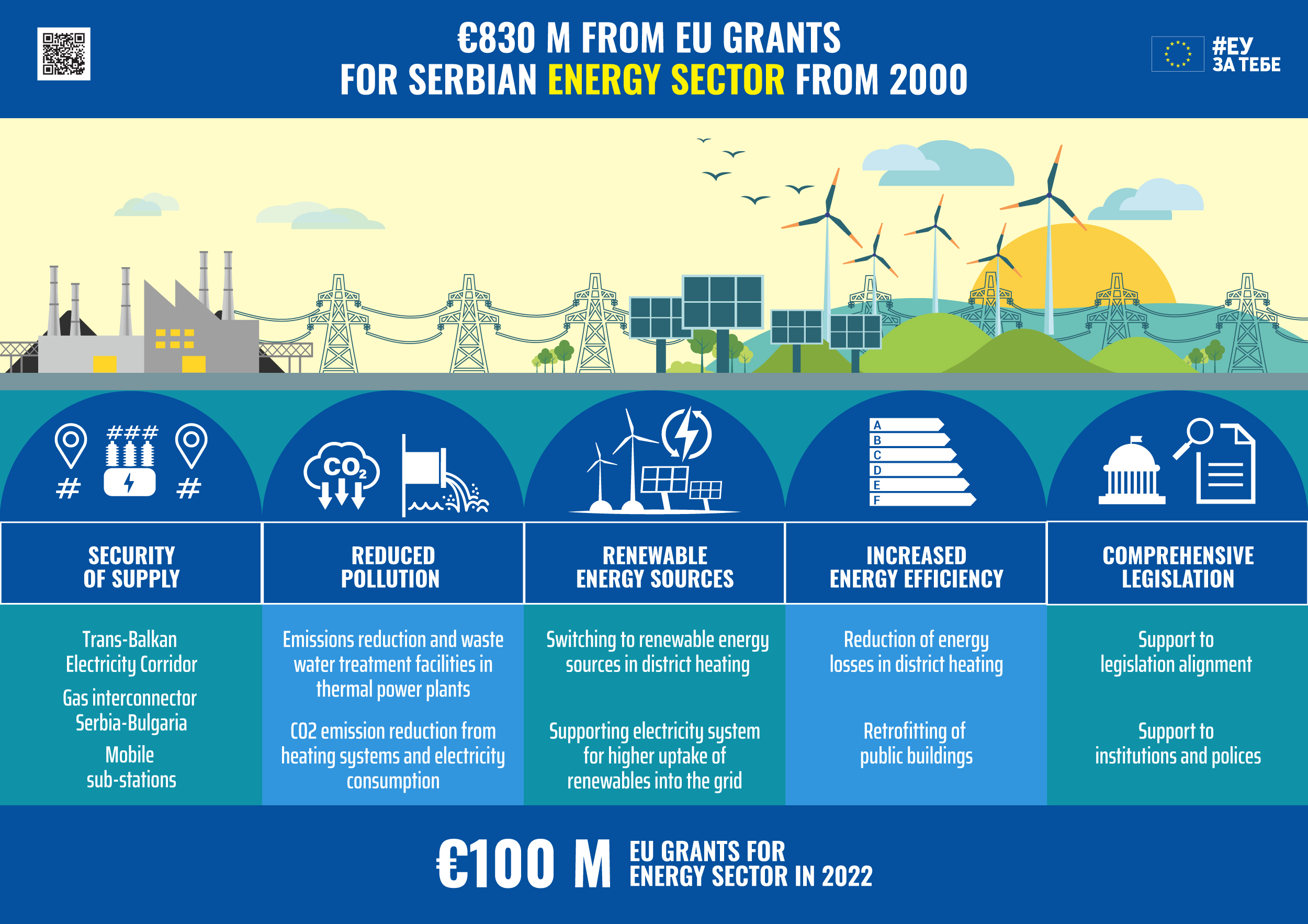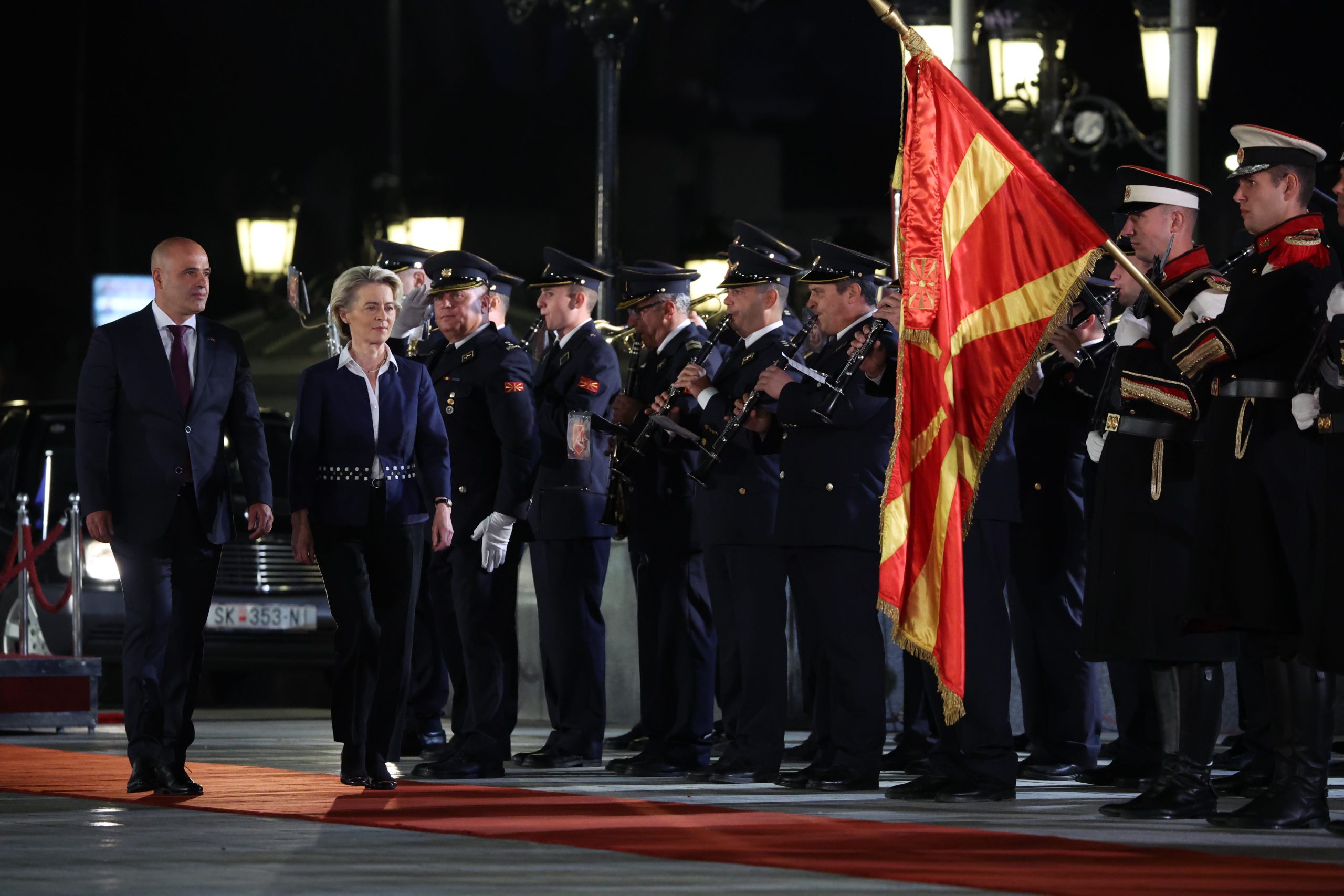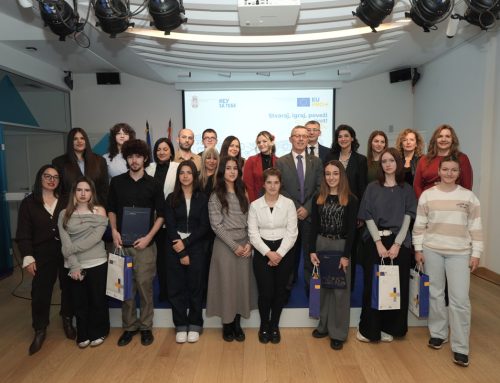The President of the European Commission, Ursula von der Leyen, began her visit to the Western Balkans region. Von der Leyen will visit Skopje, Tirana, Pristina, Podgorica, Sarajevo and Belgrade, and the centre of attention will be projects and activities with which the European Union helps the region deal with the energy crisis.
“Russia’s energy blackmail and manipulation of the markets is not sparing the Western Balkans. The EU is determined to support our partners in coping with high energy prices and improving their energy security in the long term”, the official statement reads.
More details on the visit
In Belgrade, the president of the European Commission will meet with representatives of the Serbian state leadership. She will also visit the works on the gas interconnector between Bulgaria and Serbia near Niš.
The gas interconnector, which connects the gas networks of Serbia and Bulgaria, will increase the diversification of energy sources in Serbia and the Western Balkans region, allowing Serbia a more secure and stable supply from different gas network systems, especially from Azerbaijan and the future LNG terminal in Alexandroupolis, Greece, which can receive gas from all over the world.
The new gas interconnector will connect the existing Serbian network in Niš with the Bulgarian network in the capital Sofia, with 109 kilometers of length on the Serbian side. With a pipe diameter of 700 mm and a maximum pressure of 55 bar, its capacity will enable the transfer of 1.8 billion cubic meters of natural gas per year, which is equivalent to 60% of Serbia’s total annual consumption.
In addition to Niš, the gas pipeline will include 3 more gas metering and regulation stations in Bela Palanka, Pirot and Dimitrovgrad, which will enable these three cities and regions of Serbia – their citizens, schools, hospitals, businesses… to get access to gas supply for heating and industrial production. Construction work began in January 2022 and is scheduled to be completed by the end of 2023.
This investment of almost 90 million euros, of which almost 50 million euros is a donation from the European Union, will contribute to increasing the diversification and security of energy supply in Serbia, will contribute to balanced socio-economic development as well as a cleaner environment.

The European Union is the biggest donor of the energy sector in Serbia, with investments exceeding 830 million EUR in grant funds since 2000. The EU is funding projects in Serbia that aim at security of supply, diversification of energy sources, market liberalization and improved energy efficiency. The ultimate goal is to reduce pollution and mitigate climate change, which are the goals of the European Green Deal and the Green Agenda for the Western Balkans, endorsed by Serbia in 2020.
More details on EU assistance to Serbia in the energy sector




